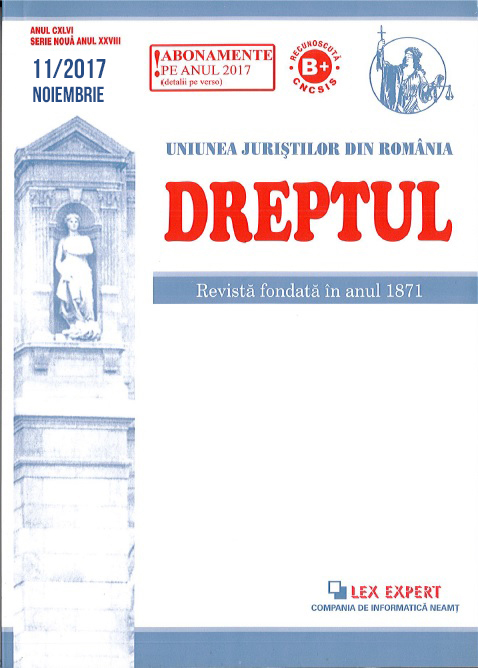This study focuses on the legal issues involved by the provisions of Articles 125 (3) and 132 (2) of the Constitution (according to which the office of judge or public prosecutor shall be incompatible with any other public or private office, except for the didactic offices in the higher education institutions) in correlation with the provisions of Article 41 (1) of the Constitution (according to which the right to work shall not be restricted, and everyone has a free choice of his/her profession, trade or occupation, as well as work place). Currently, the relevant administrative practice and case law interpret and apply extensively (lato sensu) Articles 125 (3) and 132 (2). Such approach leads to the presumption that any other activity performed by judges or public prosecutors is forbidden (otherwise triggering disciplinary liability thereof) unless that other activity is not related to didactic offices in higher education or is not assimilated to such offices by special law (or, as it happens most often, by a decision issued by the Plenum of the Superior Council of Magistracy). This study demonstrates that, on the contrary, the aforementioned constitutional provisions establish a presumption according to which the judges and public prosecutors can lawfully perform not only the activities which consist in „didactic offices in higher education”, but also any other activity which is not an „office” and in relation to which there is no „conflict of interest” in the light of the relevant legal provisions. In order to reach this conclusion, the constitutional and legal provisions on the concept of holding multiple „offices” must cease to be interpreted extensively (lato sensu), as it is made currently by the administrative practice and the case law, but restrictively (stricto sensu) – as those constitutional provisions constitute an exception from the constitutional principle of the free right to work, establishing a restriction of this fundamental right exercise. The legal provisions laid down in this field can be qualified as consistent with the Constitution only if their normative content does not produce an extensive application of the constitutional provisions concerning the holding of multiple „offices”. Thus, by the words „other public or private office” (with which the office of judge or public prosecutor is prohibited to be held simultaneously) one has to understand exclusively a public or private activity performed regularly and in an organized manner within an institution (organization) against a remuneration.


